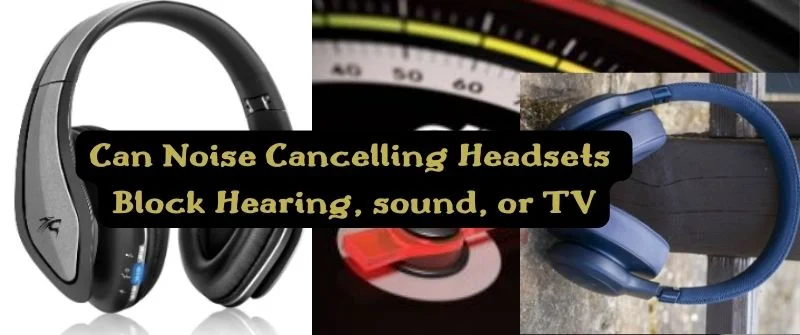Nobody likes a throbbing head. People who use earbuds are much more prone to developing tinnitus-a condition where the ringing and buzzing in the ear are constant.
With the popularity of noise-canceling headphones on the rise, some may wonder if these noise-blocking devices can also harm their hearing.
Can noise Cancelling Headphones Block Talking?
Noise-canceling headphones are designed to block out surrounding noises. They do this by using a microphone and speakers to detect the presence of sounds, then send out a different sound with less energy to cancel them out.
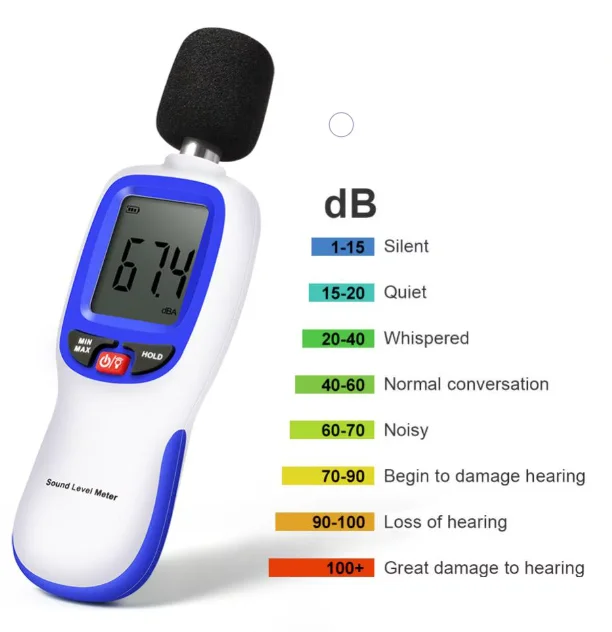
The main problem with this is that it can make it difficult to hear someone speak.
This can be an issue if you’re trying to converse with someone, but it’s also important for people who use noise-canceling headphones for other reasons.
It’s important to note that no pair of noise-canceling headphones will completely block out all noise – it’s just too big an area for them to cover.
However, they will significantly reduce ambient sound, so you won’t be distracted when listening to music or watching movies on your computer.
Can noise Cancelling Headphones cause Hearing Loss?
Some people have indeed reported hearing loss after using noise-canceling headphones. Some have turned to doctors to find out if there is any truth to these claims.
Whether noise-canceling headphones cause, hearing loss depends on the individual’s hearing sensitivity and time spent listening to music.
Hearing loss can be caused by loud noises, such as gunshots or explosions, to very low sounds, such as a whisper. The damage occurs when the sound damages hair cells in the inner ear.
This causes them to stop working properly, leading to hearing problems like tinnitus or ringing sounds in your ears.
In some cases, even if you have not suffered any damage, it may take years to notice any symptoms because the damage will occur slowly over time.
What do Noise Cancelling Headphones block out tv?
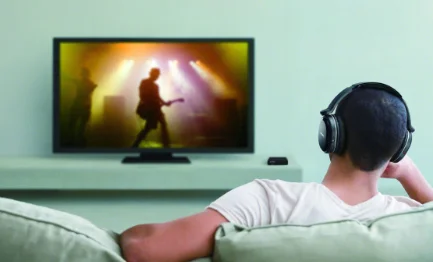
Noise-canceling headphones block out noise and block out plenty of external sources. They’re designed to reduce the level of background noise that you can hear without the headphones, so you can hear things more clearly.
Noise-canceling headphones are an alternative to using earplugs or a pair of over-the-ear headphones. A set of noise-canceling headphones will reduce the ambient noise around you, allowing you to focus more on what you’re doing.
Noise cancellation is not perfect, and it’s possible for some sounds to still get through the cancellation process, but most people find that it’s enough to make a big difference in their ability to concentrate.
Are there Headphones that Block all Sound?
It is impossible to get headphones that manage to block all the sounds. However, they can only minimize and not block them entirely.
The most common type of headphone is the open-back design, which blocks out sound from all directions except into your ear canal and skull.
This can result in a muddy sound with a lack of separation and detail and a lack of “air” when you listen to music or watch movies.
This is where closed-back headphones come in. Closed-back headphones have ear cups that enclose your ears and block out as much outside noise as possible — but not all noise.
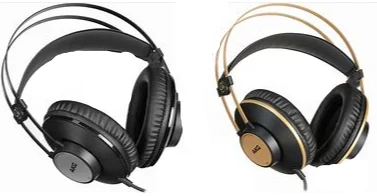
The closed-back design gives you excellent isolation from outside noise and better bass response than open-back headphones — but this comes at a price: reduced clarity and detail in your music, movies, or games.
Will Noise Cancelling Headphones Block out TV?
If you have a noise-cancelling headphones, it can help to drown out the sound of the TV and other distractions. But does this mean it will block your TV’s sound?
No. This is not possible because the tones are too different from each other. In order to do this, one would have to use a pair of headphones with two different frequencies so that they cancel out each other’s sound waves.
Noise-canceling headphones are designed to help you enjoy music or podcasts, but they can also help block out the sounds of traffic, airplanes, and other noises.
Can noise Cancelling headphones be used without music?
Yes, you can use headphones without music. The noise-canceling technology is designed to reduce the sound of your surroundings.
The best way to use noise-canceling headphones without music is by not using them. All you need is a pair of earbuds or earphones that are compatible with your device.
Some devices will have the option to enable or disable noise cancellation in the settings menu.
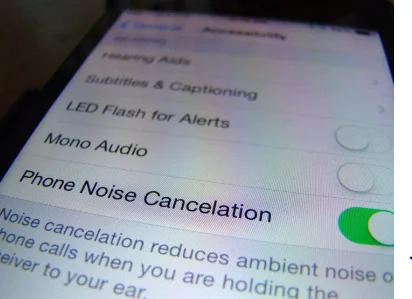
You could also use your phone’s built-in microphone and record a podcast while wearing headphones so that you don’t have to listen to the sounds of your surroundings while working out, running, or doing other physically demanding activities.
You can use the equalizer on your phone or tablet if you want to use noise-canceling headphones without music.
The equalizer lets you adjust the level of bass and treble on your device. You can also turn off all other sounds to focus on your music.
You can also add noise-canceling technology to any headphones with a microphone built into them, such as Apple AirPods or wireless Beats headphones.
Can Noise Cancelling Headphones block out snoring?
Noise-canceling headphones are great for blocking out unwanted noise, such as the sound of traffic or a loud TV. But some people wonder whether these types of headphones also help with snoring.
You can use noise-canceling headphones to block snoring.
Noise cancellation is a feature that allows headphone manufacturers to reduce outside noises by playing counterpoint to them with quieter sounds. The result is better sound isolation and less fatigue from listening to loud music or noisy environments.
This feature can be used in two ways: One way is through a specialized microphone that picks up external noises and then plays back an opposite signal through the headphones speakers.
The other way is through using a separate speaker that cancels out external noises by playing an opposite signal through its speakers.
How many Decibels can noise Cancelling Headphones Block?
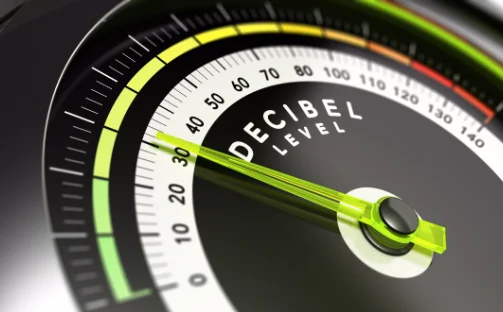
Noise-canceling headphones are a great way to cut out annoying noise. They are also useful if you want to listen to music in a quiet room with earbuds but don’t want the sound of your own music or the ambient noise in the room to drown out your favorite tunes.
The best noise-canceling headphones block out up to 45 decibels of ambient noise, so they’re perfect for listening at home or on the go. Of course, this could depend on the type of headphones you choose.
Some models offer better performance than others, but all will help you get rid of some unwanted background noise.
Why does noise Cancelling headphones need a battery?
Noise-cancellation headphones require a battery for power because of the electronics required to cancel the noise. The electronics include a microphone and amplifier, which must be able to amplify sounds without feedback.
This requires very high-quality components, and batteries are one of their major power requirements.
A battery is required to power the noise-canceling system. This is because the earphones need to produce a constant stream of sound, which will be canceled by anything that comes along the path of the sound waves.
The noise canceling system must also have enough power to overpower any background noise and make its own sound louder than its surroundings.
For these functions to work, the earphones need a steady power supply. This is why most noise-canceling headphones are rechargeable: they use an external power source such as an iPhone or laptop computer.

I am a tech writer who focuses on IT, gadgets, and changing digital trends. I write reviews, buying guides, and updates on the tech world and gadgets.
